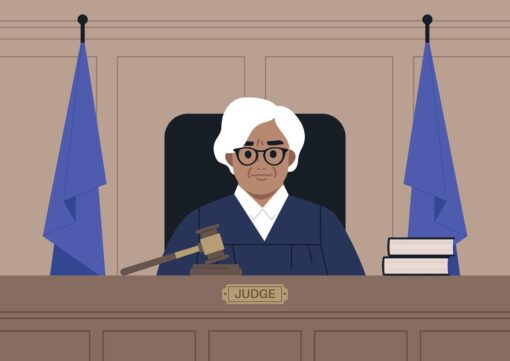
The hurdles persist even after completing probation, limiting your access to opportunities you once enjoyed. Many people grapple with this reality post-sentence as they aspire to revert their lives back to normalcy. So, is it possible to expunge your federal conviction after serving your sentence? Let’s delve into this topic and understand your options. If you’re seeking legal counsel, do not hesitate to reach out to Chambers Law Firm at 714-760-4088 for a consultation.
The Possibility of Federal Conviction Expungement
Pursuing a federal expungement equates to making the conviction virtually non-existent. This action effectively erases your criminal record, precluding any public record search to discover your arrest or conviction.
However, most federal offenses aren’t eligible for expungement. The only individuals eligible for expungement are those convicted of a minor offense under the Controlled Substances Act. Given the narrow scope of these charges, the majority of those convicted of a federal crime will not qualify for expungement.
The Route of Federal Government Pardons
For individuals who do not meet the criteria for expungement, they might be eligible for a federal pardon. However, a pardon differs from expungement in that the conviction remains visible on your federal criminal record. Consequently, you cannot deny a criminal history when applying for jobs.
On the bright side, acquiring a pardon effectively ends the sentence for those currently serving time. Additionally, a pardon offers other advantages, such as enabling the individual to travel abroad, a privilege previously denied.
Unfortunately, federal pardons are not commonly granted. The President must sign off on these pardons, a seldom occurrence irrespective of who holds the office. It’s worth noting that individuals seeking a federal pardon must wait at least five years post-conviction before submitting an application. This application should state explicitly why a pardon is being sought, supplemented with necessary supporting documentation.
Seeking Advice on Federal Expungement Options? Contact Us Today
If you’re living with the aftermath of a federal crime conviction, it’s crucial to understand that options do exist. Apart from a pardon, you might be eligible for expungement. Our experienced team of criminal defense attorneys can assist you in navigating your application, enhancing your chances of a successful outcome. Call Chambers Law Firm now at 714-760-4088 to discover how we can assist you.




